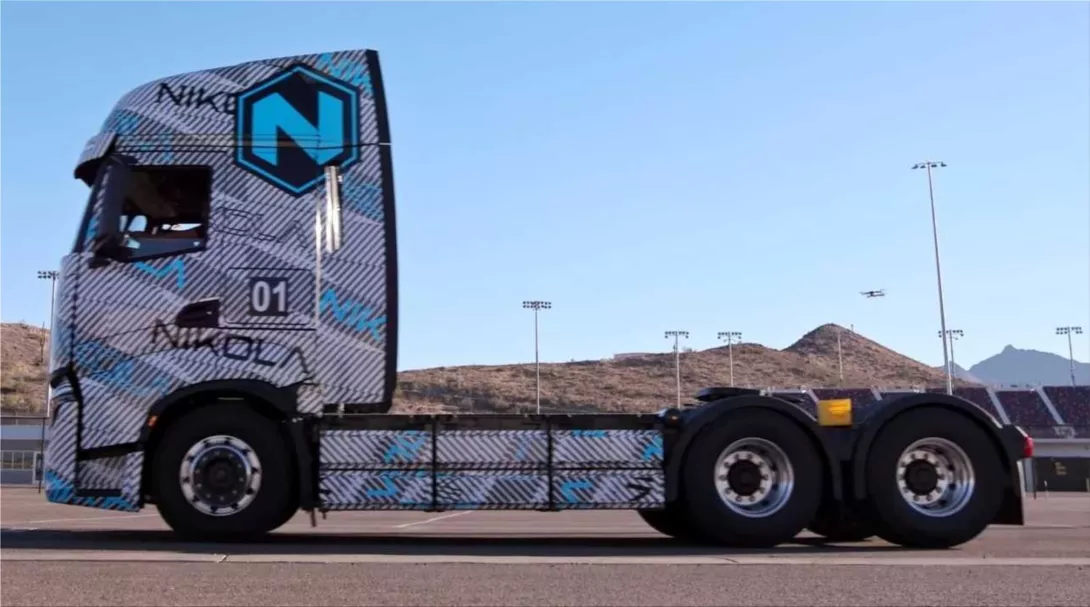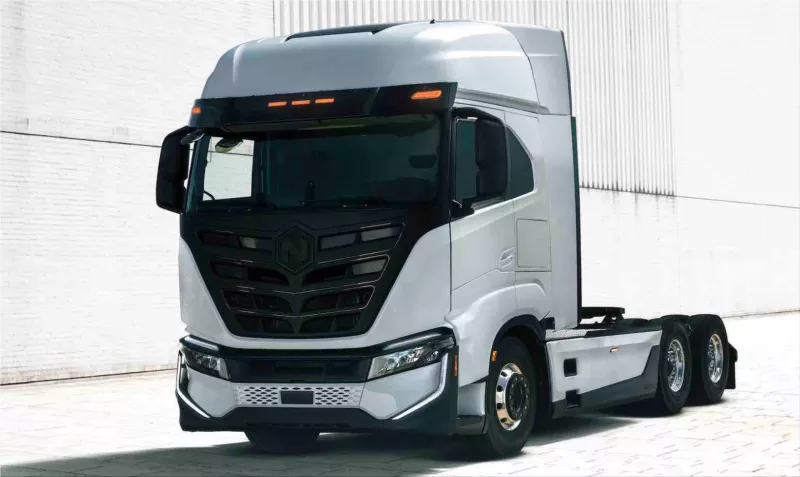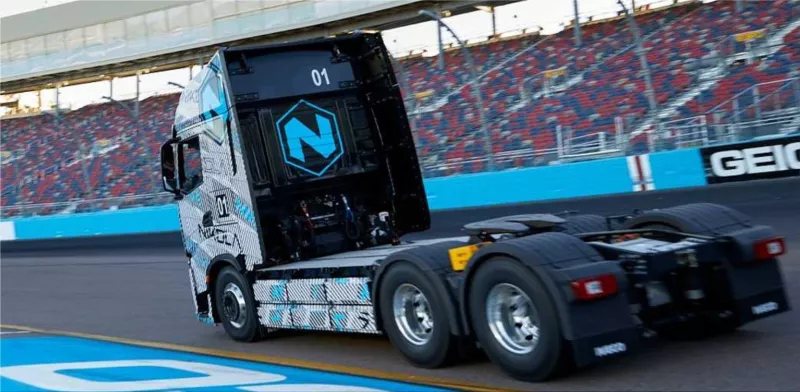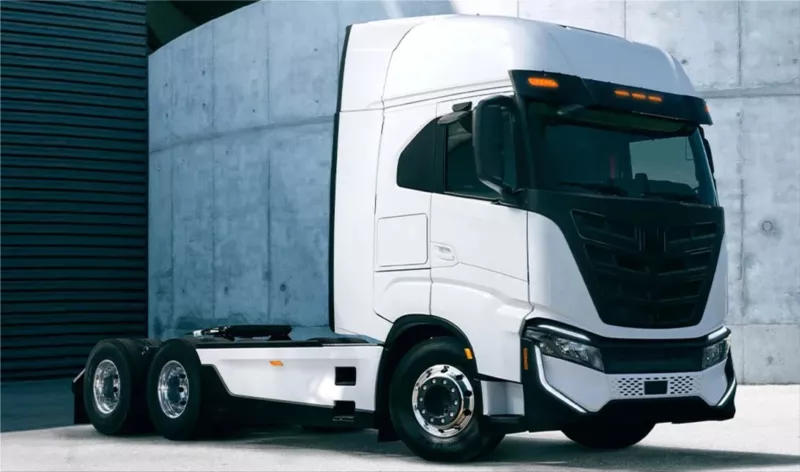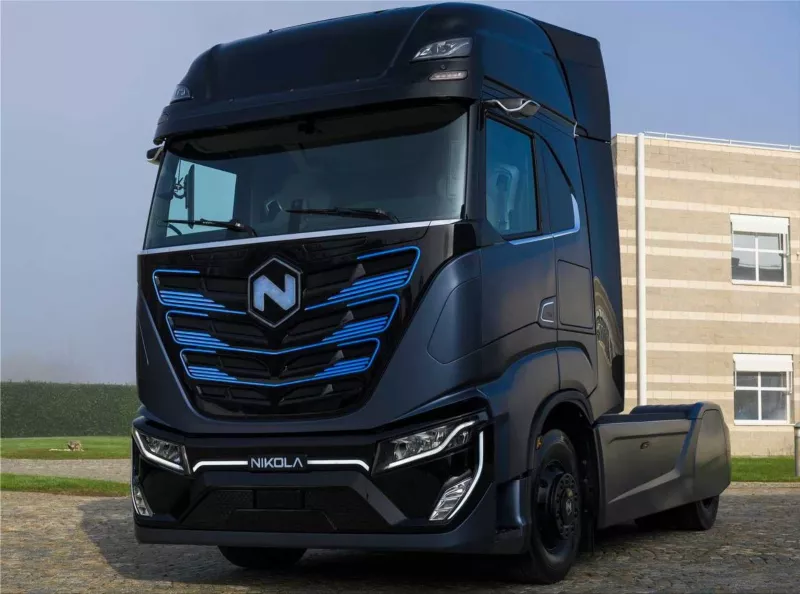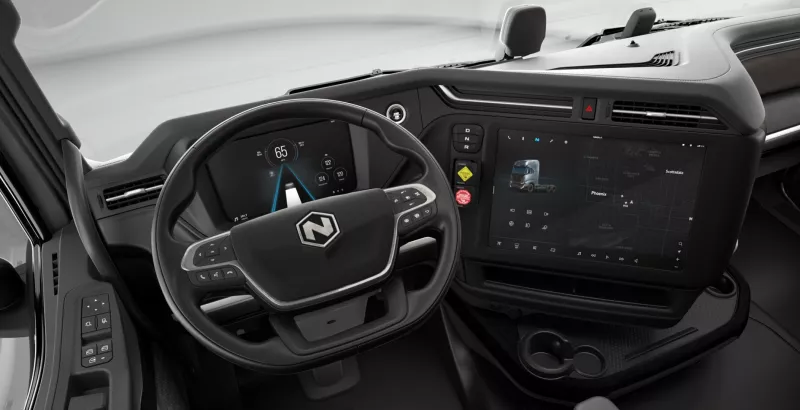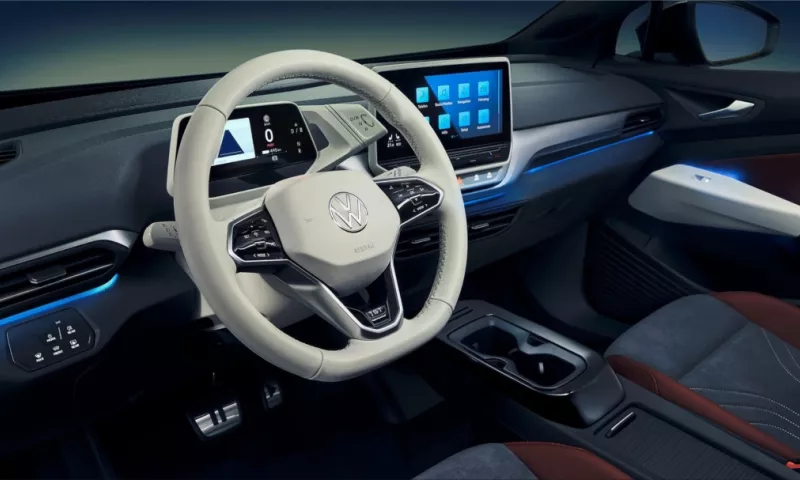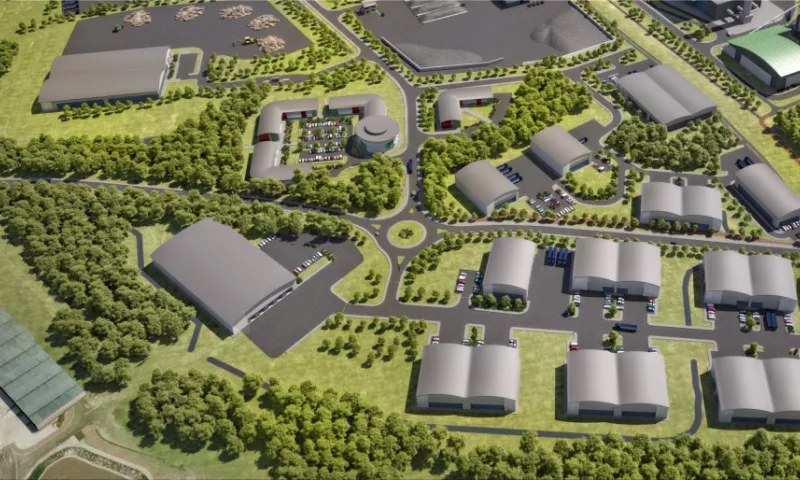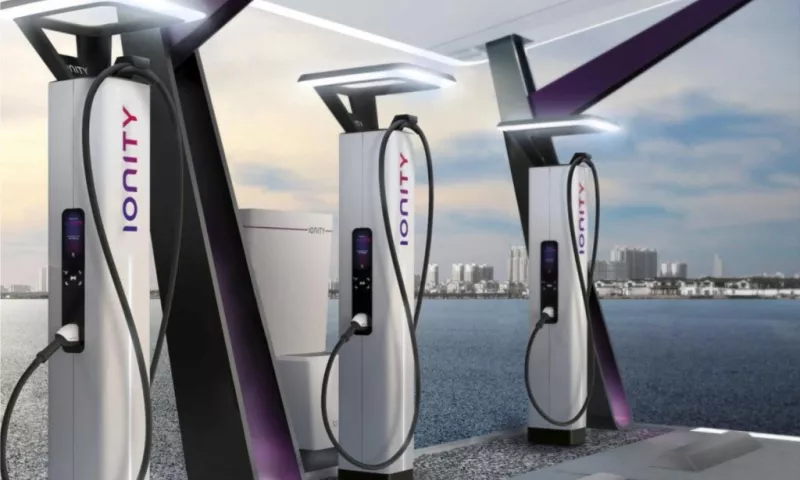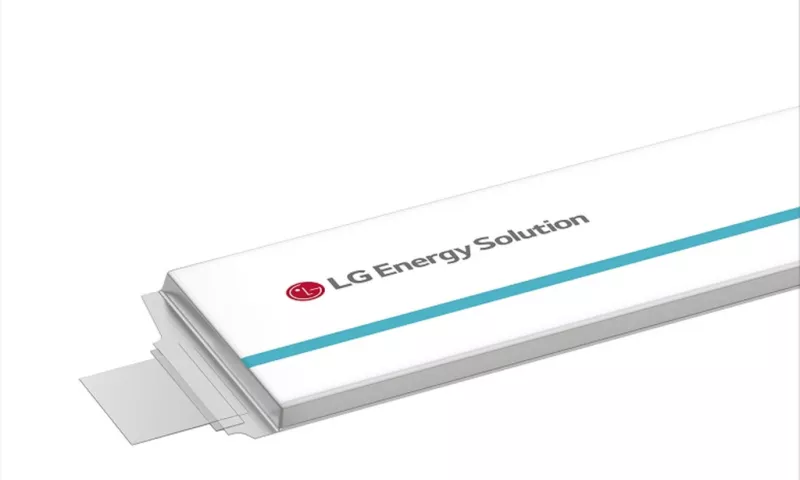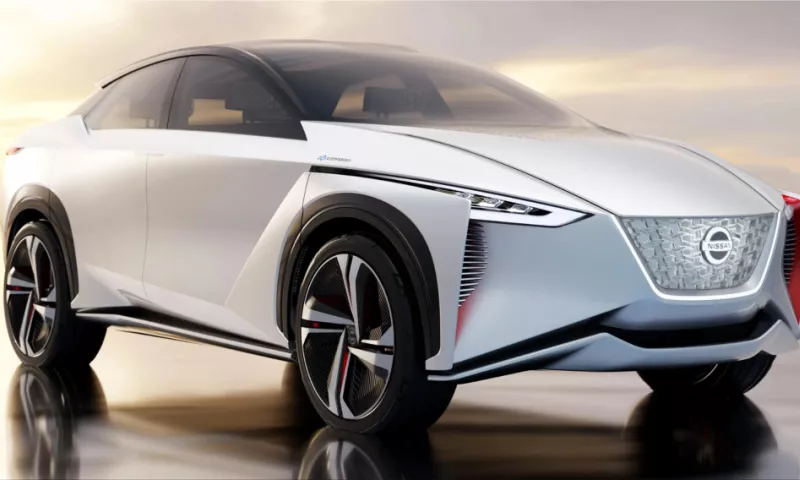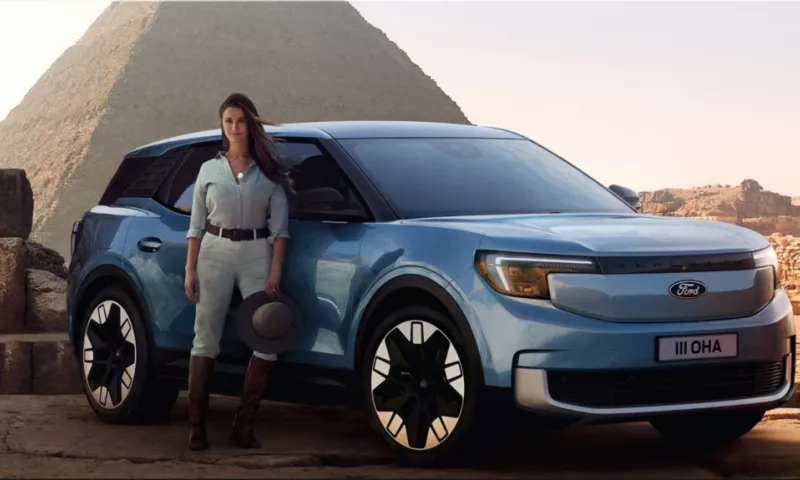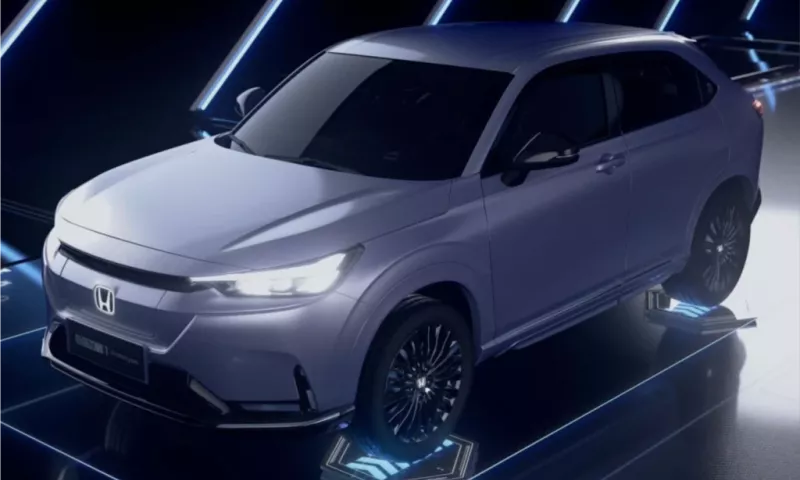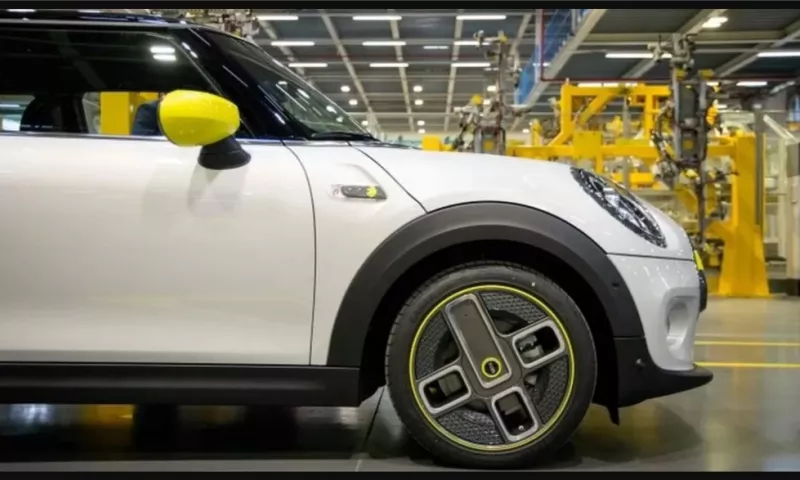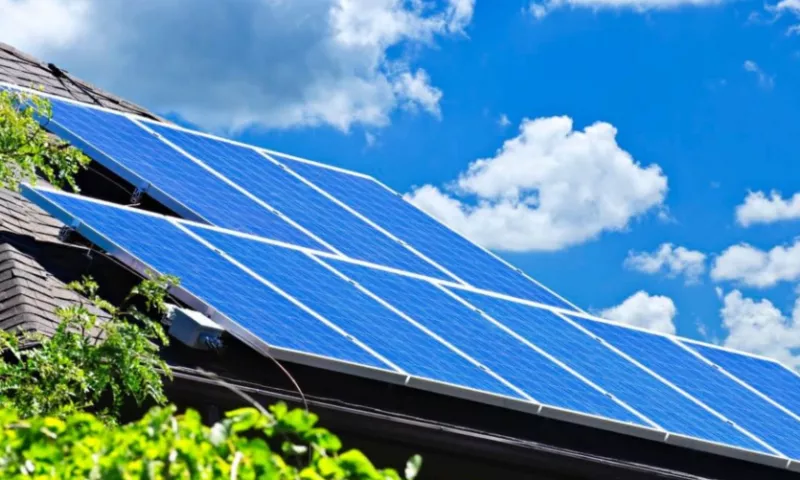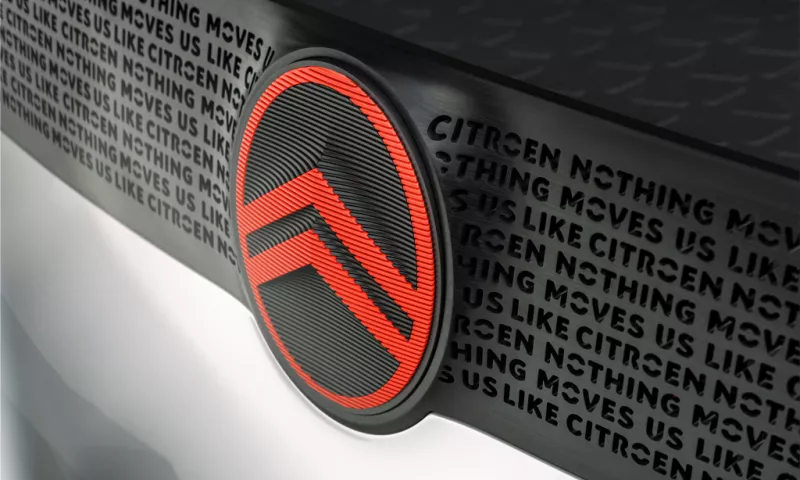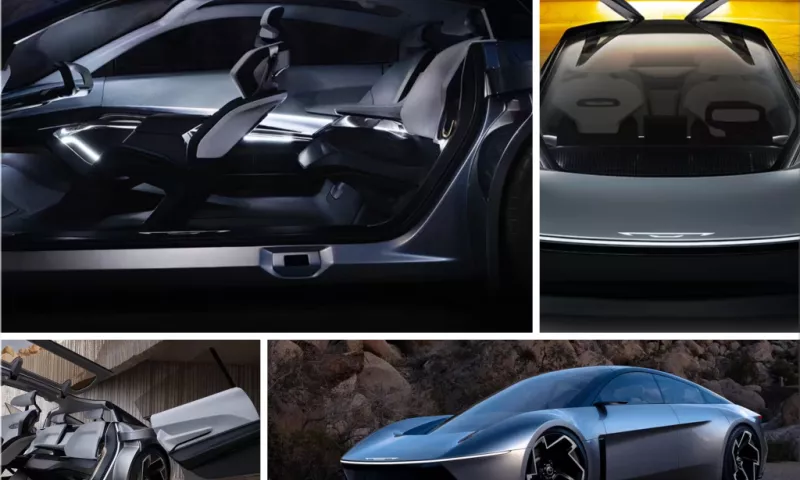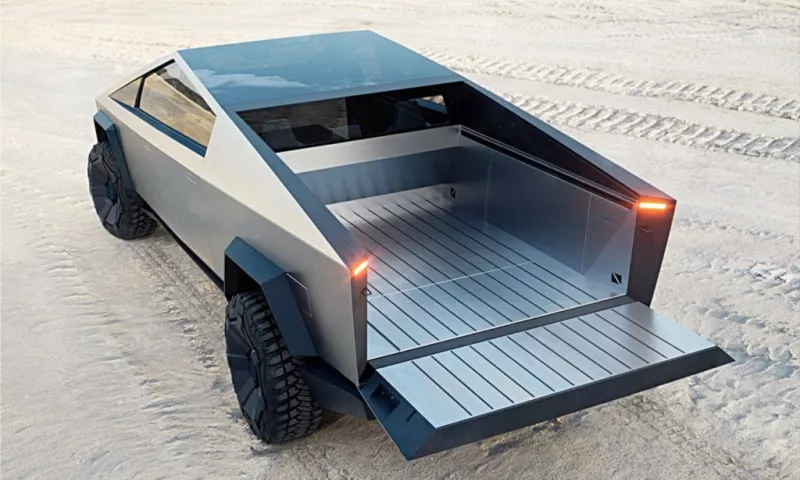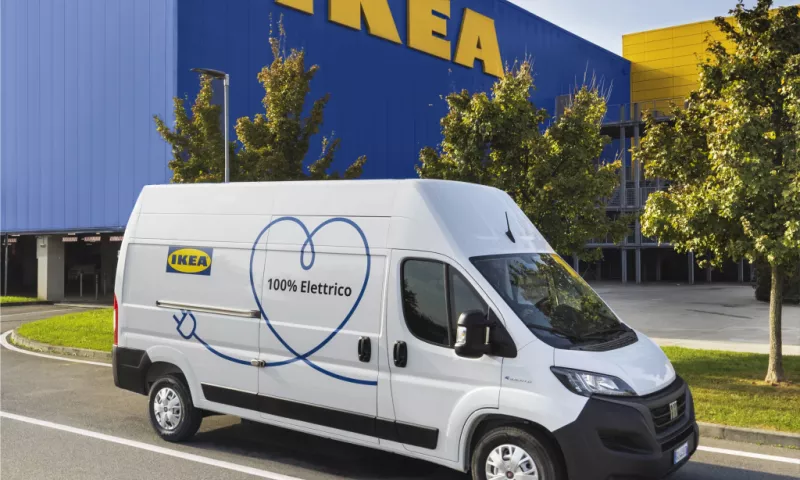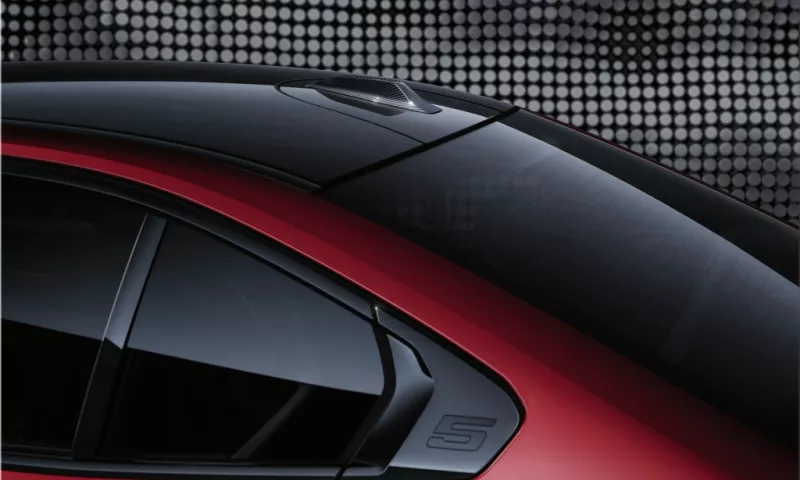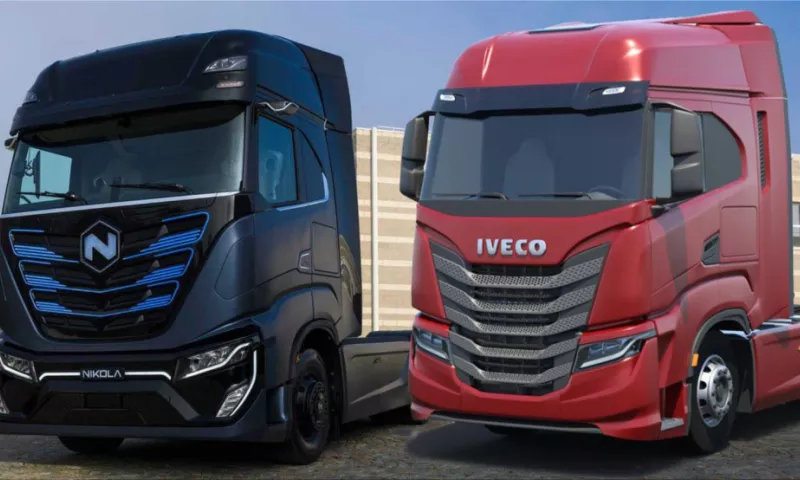The inauguration of the new commercial electric vehicle plant took place in the presence of Gerrit Marx, CEO of Iveco Group, Max Russel, CEO, and President Nikola, and the Minister of Transport of the Badden region of Württemberg, Germany.
The factory has a total area of 50,000 square meters, of which 25,000 square meters of built area, and has a complete assembly line specially designed to produce electric vehicles. The factory's production capacity is about 1,000 units per shift, per year, with the goal of future growth. Production of the new models will begin later this year, and the first commercial electric vehicles will be delivered to US customers in 2022.
"Despite the challenges we have faced since we announced this partnership in September 2019, from both an industry and a pandemic perspective, we are pleased to be able to open the plant on time and following our initial plans. Thanks to the experience of the Iveco team, we were able to provide a platform on which Nikola technology can progress. Our primary concern now is to ensure the success of these operations and to continue to generate new trends in sustainability and the design of heavy commercial vehicles with a climate-neutral impact, both in the short and long term, "said Gerrit Marx. CEO Iveco Group.
"We are grateful to the Iveco and Nikola teams for their cooperation and perseverance in bringing this project to life. The construction of the plant is an important moment in Nikola's history, part of our strategy and vision to become a global leader in zero-emission transportation solutions," added Mark Russell, CEO of Nikola.

